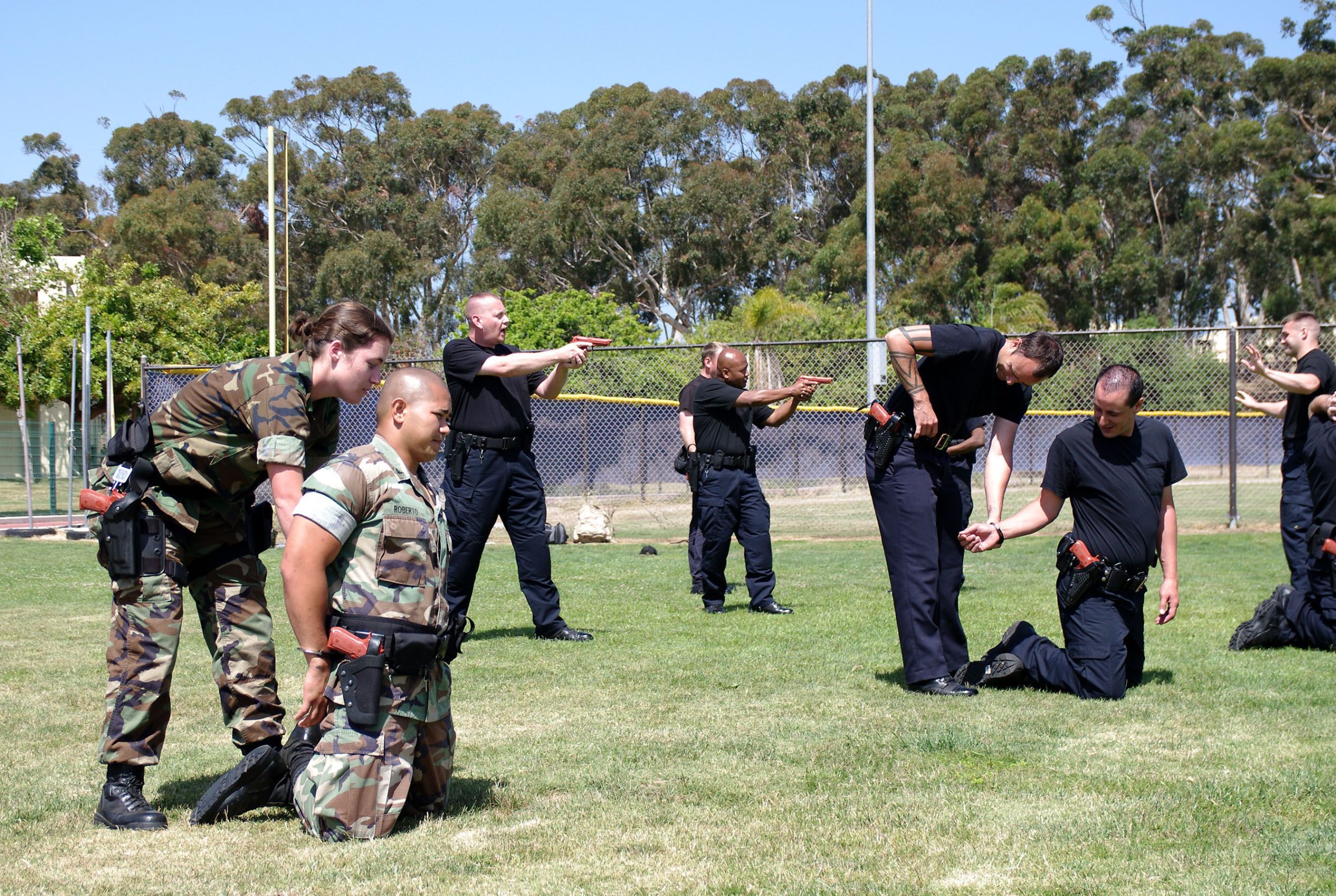Unlocking the Path to Success: Crime Analyst Certification Explained

Are you fascinated by the world of crime analyst certification? Do you have a burning desire to play a pivotal role in solving crimes and keeping communities safe? If so, then a career as a crime analyst might just be your calling. In this blog post, we will delve into the exciting field of crime analysis and explore how certification can unlock endless opportunities for aspiring law enforcement professionals. So fasten your seatbelts because we are about to embark on an exhilarating journey that will take us behind the scenes of criminal investigations! Get ready to discover what it takes to become a certified crime analyst and pave your way towards success in this dynamic field. Let’s dive right in!
What is Crime Analysis?
Crime analysis is the art and science of studying criminal behavior patterns to identify trends, develop insights, and provide actionable intelligence to law enforcement agencies. It involves collecting and analyzing data from various sources such as crime reports, incident records, witness statements, and even social media platforms. By examining this information through a critical lens, crime analysts can uncover hidden connections between crimes and help investigators solve cases more efficiently.
Crime analysis goes beyond simply identifying criminals or predicting future criminal activity. It also aims to understand the underlying factors contributing to crime in specific areas or communities. This knowledge enables law enforcement agencies to implement targeted strategies for prevention and intervention.
Essentially, crime analysts serve as the backbone of any effective law enforcement operation. Their ability to decipher complex data sets and translate them into meaningful insights empowers police departments with the tools they need to fight crime proactively.
The Different Types of Crime Analysts
The field of crime analysis is a diverse and dynamic one, with various types of crime analysts specializing in different areas. These experts play a crucial role in law enforcement agencies, helping to identify patterns, trends, and potential threats within communities.
One type of crime analyst is the tactical analyst. These professionals focus on providing real-time support to law enforcement officers by analyzing data related to ongoing investigations. They work closely with detectives and patrol officers to gather information and provide insights that can aid in solving crimes.
What Does a Crime Analyst Do?
Crime analysts play a crucial role in law enforcement agencies by analyzing crime data and providing valuable insights to aid in investigations and prevention efforts. They are like detectives behind the scenes, using their analytical skills to uncover patterns, trends, and correlations that can help solve crimes.
One of the main tasks of a crime analyst is to collect and analyze data from various sources such as incident reports, arrest records, surveillance footage, and even social media. By examining this information, they can identify patterns or hotspots where criminal activity is more likely to occur. This helps law enforcement prioritize their resources effectively.
The Skills You Need to Become a Crime Analyst
The field of crime analysis is a complex one, requiring individuals who possess a unique set of skills and abilities. To become a successful crime analyst, it is important to develop and refine these key competencies.
One essential skill for aspiring crime analysts is the ability to gather and analyze data. This involves collecting information from various sources such as police reports, surveillance footage, and witness statements. The ability to identify patterns and trends within this data is crucial in understanding criminal behavior.
Critical thinking skills are also vital in the role of a crime analyst. Being able to interpret complex information, draw logical conclusions, and think outside the box can greatly enhance an analyst’s effectiveness in solving crimes.
The Benefits of Certification
Obtaining a crime analyst certification can open up a world of opportunities in the field of law enforcement. With this specialized credential, you will gain recognition and credibility among your peers and potential employers. But the benefits don’t stop there!
Certification demonstrates your commitment to professional growth and development. It shows that you have taken the necessary steps to enhance your skills and stay updated with the latest techniques and practices in crime analysis.
Certification increases your marketability. Employers are more likely to prioritize candidates who hold certifications as they provide assurance of competency in the role. This can give you a competitive edge over other job applicants.
Furthermore, being certified enhances your earning potential. According to studies, individuals with certifications tend to earn higher salaries compared to their non-certified counterparts. This is because employers recognize the value that certified professionals bring to their organizations.
Conclusion
Becoming a certified crime analyst can open doors to a rewarding and impactful career in the field of law enforcement. By analyzing data, identifying patterns, and providing valuable insights, crime analysts play a crucial role in helping agencies combat crime and improve public safety.
In this article, we explored what crime analysis is and the different types of crime analysts that exist. We also delved into the responsibilities of a crime analyst and the essential skills needed to excel in this role. Additionally, we discussed how to obtain certification as a crime analyst and highlighted the benefits it can bring to your career.
Obtaining a certification not only validates your expertise but also demonstrates your commitment to professionalism within the industry. It enhances your credibility among potential employers, increasing your chances of landing rewarding job opportunities. Moreover, certification equips you with advanced knowledge and skills required for effective crime analysis.
As technology continues to advance and criminal activities become more complex, the demand for skilled professionals in this field will continue to grow. With proper training and certification, you can position yourself as an invaluable asset in combating crimes within communities.




